BAGHDAD — Khairi Ali Ibrahim can feel the danger rising.
Ibrahim is a member of Iraq’s Yazidi religious community, one of the most persecuted and vulnerable minorities in the world. At the height of that persecution, 10 years ago, Islamic State group militants ravaged the Yazidi population in the Sinjar district, slaughtering hundreds of men, forcing thousands of women and children into sexual slavery, and driving tens of thousands from their homes.
The terror and trauma of that brutal campaign has been reawakened in recent weeks in parts of Iraq. In interviews with NBC News, Yazidi civilians and activists said hard-line mullahs in Iraqi Kurdistan have increasingly targeted the small and insular community, inciting violence in public speeches and social media.
“We live in great tension since 2014, but now it is at its peak,” said Ibrahim, a 32-year-old former shop owner. “We have lived through difficult times since then, but this new wave of threats has brought back the nightmare of those days.”
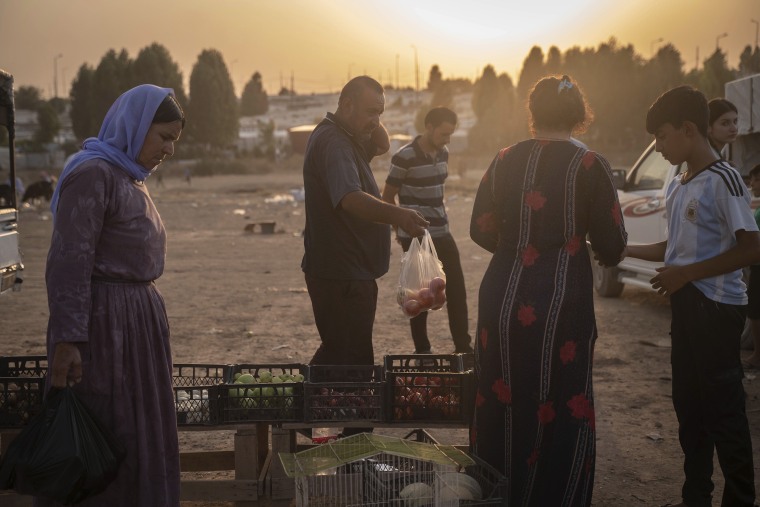 Residents buy vegetables at a market inside the Sharya displacement camp in the Kurdistan region of Iraq last month.Julia Zimmermann / AP
Residents buy vegetables at a market inside the Sharya displacement camp in the Kurdistan region of Iraq last month.Julia Zimmermann / APIn the ISIS onslaught of August 2014, as many as 5,500 Yazidis across Iraq and Syria were killed, according to the United Nations. Yazidis were also abducted and forced to convert to Islam; their ancient religion is a monotheistic belief system that revolves around a god known as the “Peacock Angel” and has been baselessly associated with devil worship. The U.N. said the brutal 2014 campaign amounted to a genocide, releasing a report documenting ISIS’ “almost unimaginable atrocities.”
After ISIS was defeated in March 2019, the group lost its claim to territory across the region.
The latest tensions stem from recent comments made by Qasim Shasho, a Kurdish politician and the leader of an armed Yazidi resistance who is closely linked to the religious group. On Aug. 4, Shasho said that Yazidis would continue to be at risk as long as Islam and Muhammad exist — remarks that some Muslim leaders in Iraq deemed blasphemous.
The Sunni Endowment, the Iraqi government agency in charge of managing Sunni Arab mosques and other religious institutions, condemned Shasho’s “shameful act, vulgar statement, and blatant transgression.”
The authorities in the city of Nineveh issued an arrest warrant for him, citing an article in the country’s penal code concerning “anyone who aims to incite civil war or sectarian strife.”
The furor over Shasho’s statements led some Sunni clerics to make direct threats against Yazidis living in camps in Duhok, a city in Kurdistan, a semi-autonomous region in northern Iraq. Many Yazidis have started fleeing their homes to escape potential violence, according to NBC News interviews and Arabic-language media reports, which have chronicled the departure of dozens of families.
In a statement on Aug. 5, Shasho said he did not mean to offend the Prophet Muhammad and Muslims, and that his words had been misinterpreted.
Yaza, a U.S.-based organization that advocates for the Yazidis, said in early August that it was “gravely concerned” about the “violent and disturbing campaign of hate speech,” and called on the Iraqi government and the Kurdistan Regional Government to “tackle the root causes” of the genocide.
“The threats are extremely harmful to efforts aimed at repairing Iraq’s social fabric following the crimes committed by ISIS,” said Osama Gharizi, a senior adviser at the United States Institute of Peace, a nonpartisan research organization funded by the U.S. Congress.
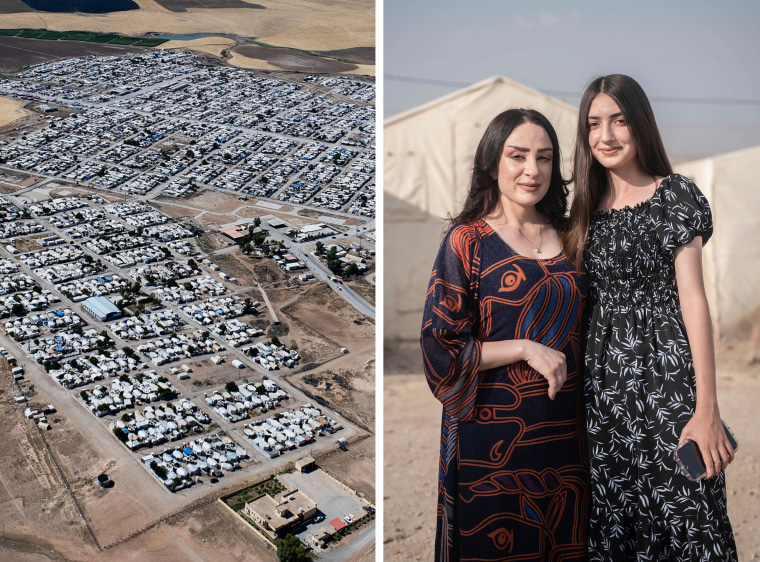 Sharya refugee camp in Duhok, Kurdistan, left, and Yazidi women at the camp. Anadolu / Getty Images; AP
Sharya refugee camp in Duhok, Kurdistan, left, and Yazidi women at the camp. Anadolu / Getty Images; AP“This rise in hate speech, sparked by a broader reaction to remarks from a Yazidi leader, highlights the pressing need to address and prevent such divisive rhetoric and protect vulnerable communities,” Gharizi added.
In the words of Yazidi activist and human rights champion Samia Shankali, the mounting threats constitute a “psychological war.” Rana Hassan Qasem, the deputy director of the Sinjar municipality, described a climate of pervasive fear.
“The mood and psychological state are unstable and anxious because we do not know when we might be attacked by unknown people,” Qasem said.
Yazidi women and girls, many of whom were abducted and were forced to become sex slaves for ISIS members during the 2014 bloodshed, remain particularly vulnerable, according to Nahida Darwish, the chairwoman of the Sinjar Women’s Platform for Women Empowerment.
Darwish said many Yazidi women suffer from psychological disorders such as anxiety and depression — a consequence of horrific treatment during ISIS’s so-called caliphate.
The case of Nadia Murad, a Yazidi woman who was captured by ISIS in 2014 but escaped after three months, during which she was raped by a dozen men, drew international attention at the time. Murad has since founded Nadia’s Initiative, a nonprofit mission that advocates for the Yazidi community.
“We urge the Iraqi authorities and the Kurdistan Regional Government to take decisive action to counter this dangerous rhetoric and implement concrete measures to protect religious minorities in Iraq, including the Yazidis,” Nadia’s Initiative said in an email to NBC News.
“As a vital component of society in Iraq and the Kurdistan Region, Yazidis deserve to live in their homeland free from fear and intimidation,” the advocacy group added.
Ten years after the ISIS massacres forced thousands of Yazidis to run for their lives or take shelter in camps, the renewed wave of violent antagonism has Yazidis pondering if it might be time to flee again.
“I never thought of leaving Iraq, but after the recent events and the hate speech, violence and incitement against us, I reached the conviction that we are in danger and live in an unsafe environment and our lives are at risk at any moment,” said Tahseen Shaikh Kalo, 30.
If he and his family have the opportunity to leave Iraq, they will seek refuge in America or France, he said.
Khalid Razak reported from Baghdad and Daniel Arkin from New York.
.png)
 2 weeks ago
16
2 weeks ago
16
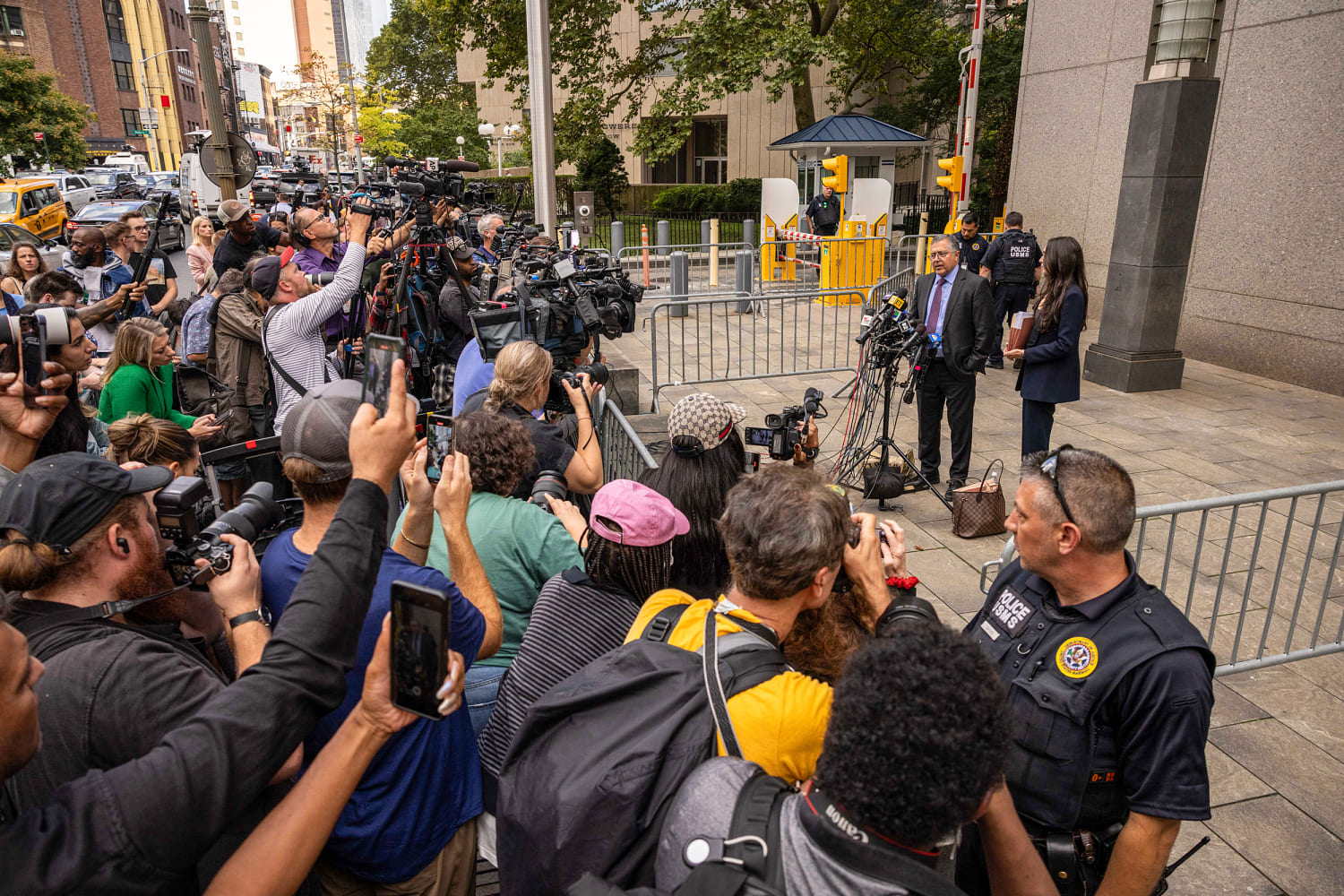

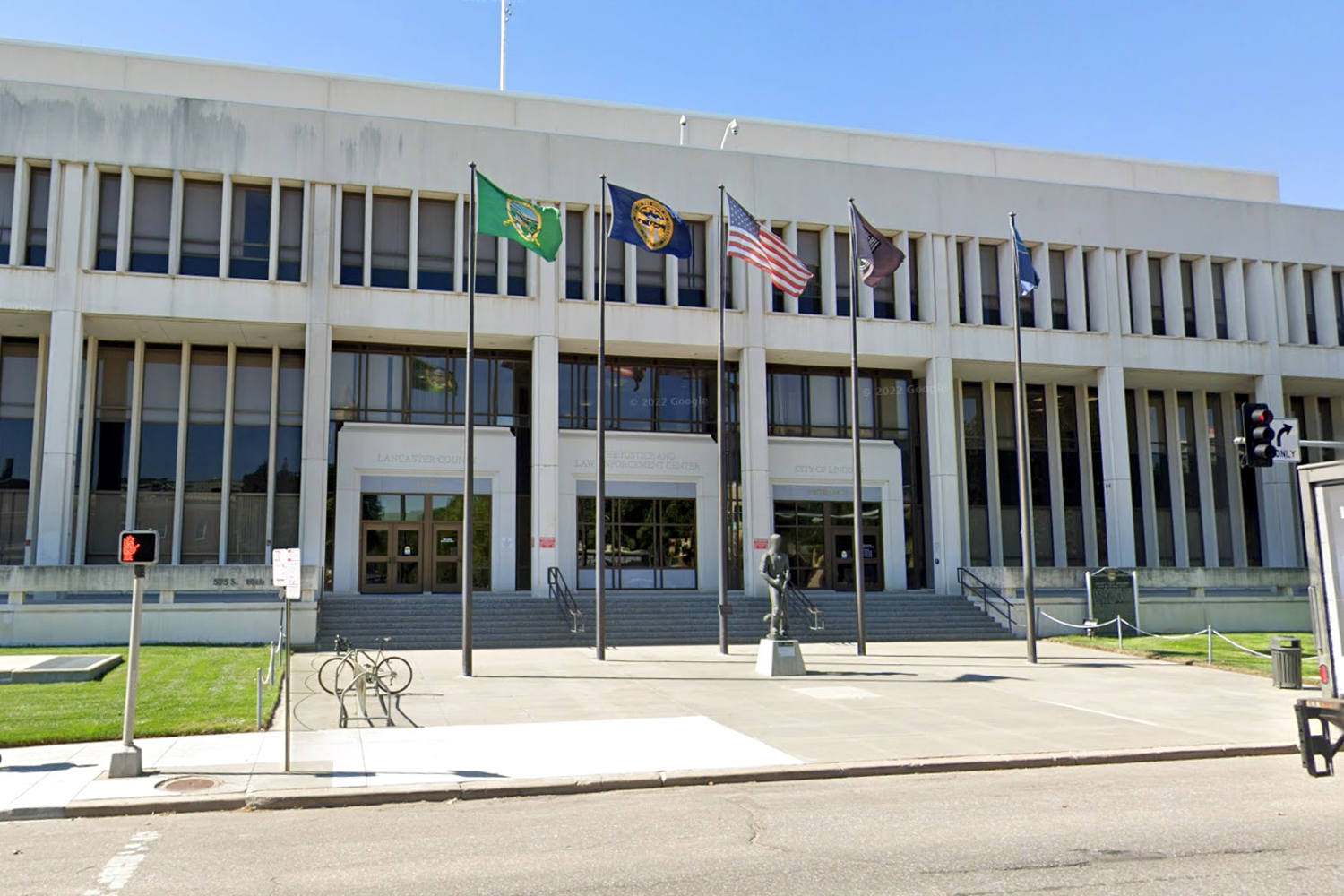

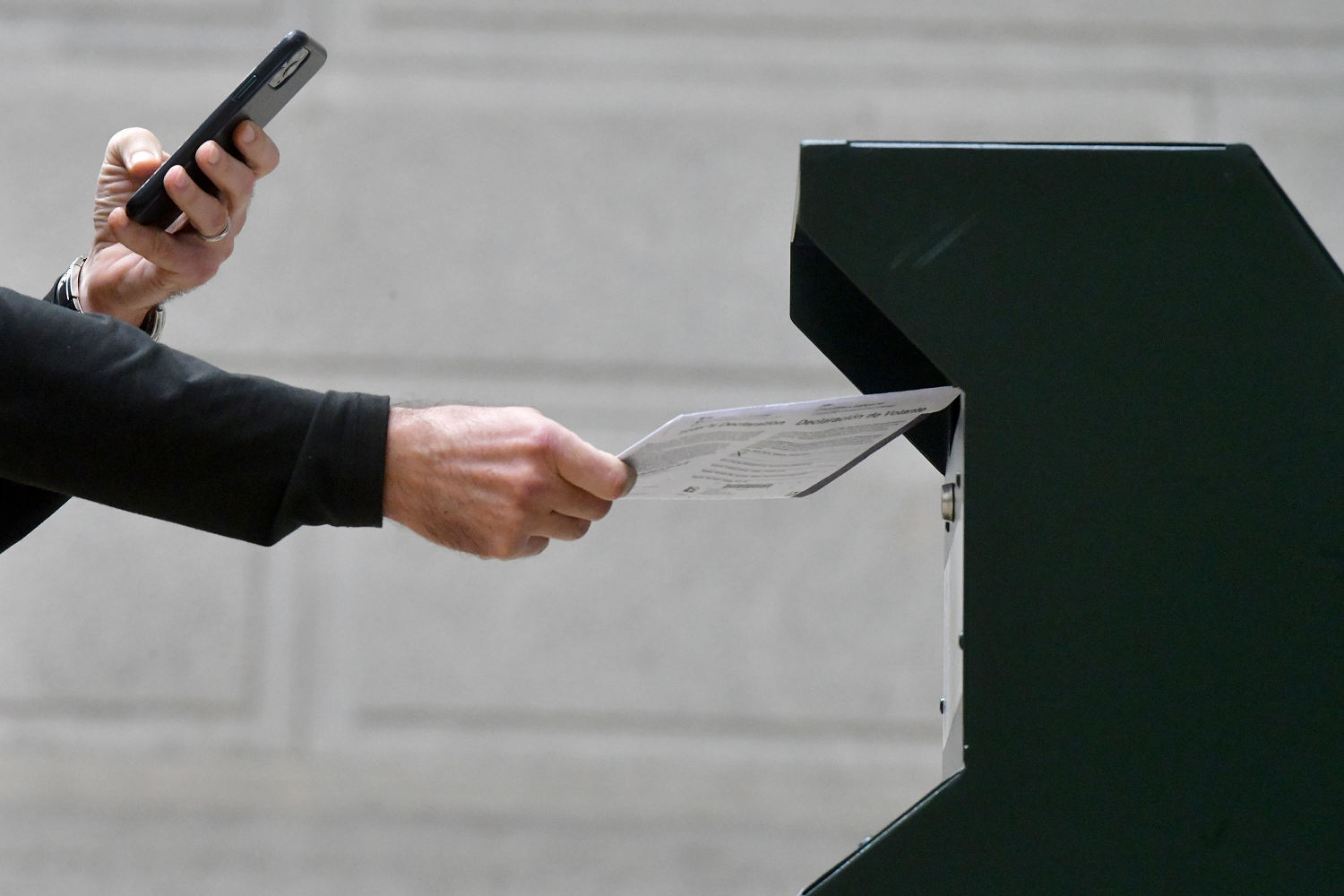

























 Bengali (BD) ·
Bengali (BD) ·  English (US) ·
English (US) ·